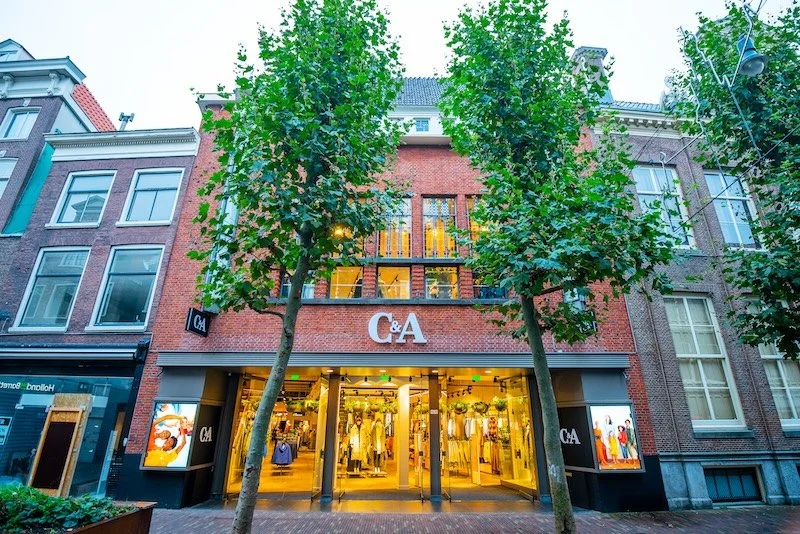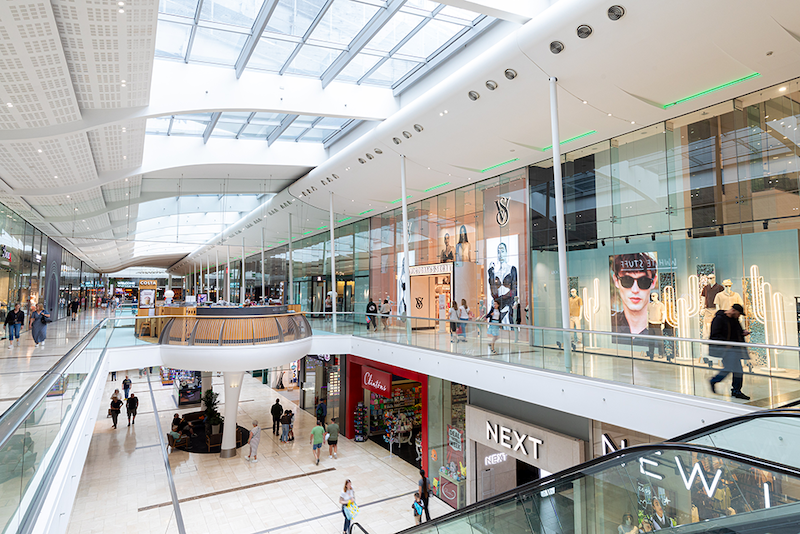UK shoppers' collective nostalgia for retail is misguided, analyst argues
The outpouring of regret from shoppers over the demise of Debenhams’ and Arcadia Group’s stores is out of proportion, according to retail analyst Nelson Blackley.
This is not a new phenomenon, he observes.
“The first outpouring of this ‘national retail grief’ happened back in 2009 when Woolworths closed over 800 UK stores,” he says in a blog post.
“With almost 30,000 retail jobs lost it was a huge blow to both the retail sector, and all those employees whose jobs were lost as well as the economies of the towns and cities across the UK where Woolworths stores suddenly closed.”
It then reappeared in 2016 when BHS went bust.
“The recent demise of Debenhams and Topshop retail brands have once again rekindled this collective nostalgic response, which of course is now amplified and accelerated through social media,” Blackley writes.
He adds: “This is not in any way meant to undermine or underestimate the serious economic reality for the 25,000 or so hard working Debenhams and Arcadia Group store employees who now face losing their jobs.’
“However, I believe the outpouring of regret from shoppers (most of whom clearly had not spent money in either Debenhams or Arcadia Group stores for some time) is out of proportion.”
“For example, a week or so ago, the Guardian carried an article by a columnist who described Debenhams as more than a shop and that its closure was a blow to the heart.”
Its foundation is based on several factors, he believes. We all take part in shopping in some way, and so we all have a view (and memories) of retailers.
As children, shopping was generally a positive experience, with reward and gifts, particularly in relation to Christmas.
Then, as teenagers and young adults, retailers represented independence, and a first choice of where and what to spend our money. A sense of place and community where we bought out first records or wiled away our Saturday afternoons looking at clothes.
“So, even reviewing a brief list of UK retail brands that no longer exist in bricks and mortar format always immediately generates some form of nostalgia, mostly good and always seemingly linked to a specific period on our lives. They are gone but not forgotten,” Blackley concludes.










Continue reading…